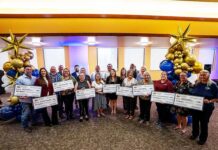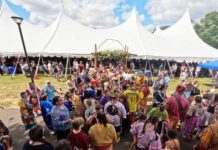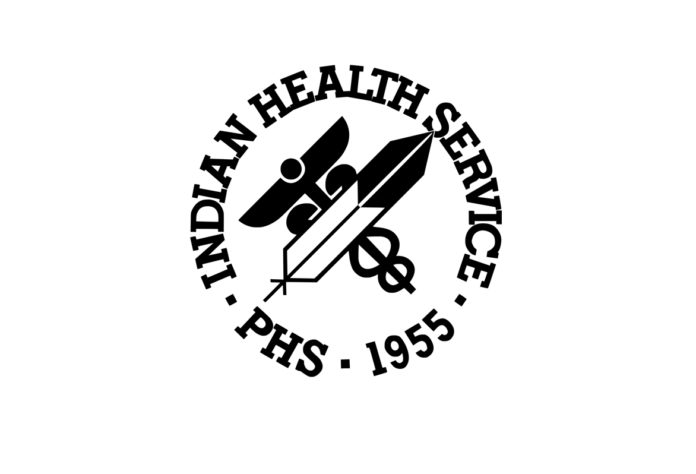WASHINGTON, D.C. – On World Alzheimer’s Day, the Indian Health Service (IHS) is announced $662,176 in cooperative agreements for tribal and urban Indian health clinics and systems to develop models incorporating comprehensive approaches to care and service for people living with dementia, and their caregivers.
“Alzheimer’s disease – the most common type of dementia – significantly affects the lives of American Indians and Alaska Natives across Indian Country,” said IHS Acting Director Elizabeth Fowler. “With this dedicated funding, we are increasing awareness and recognition of Alzheimer’s disease and other types of dementia while also improving the care and services provided.”
This marks the first time IHS will allocate funds for this critical need. The IHS received dedicated funding in fiscal year 2021 to address the dementia challenges facing tribal communities, people living with undiagnosed and diagnosed dementia, and their caregivers. The program awardees will engage in designing and implementing locally developed, innovative models of culturally competent screening, diagnosis, and management of people living with dementia.
The 2022 cooperative agreement awardees include:
- Indian Health Board of Minneapolis, Inc. (Minnesota) – $149,700 – to develop a standardized diagnostic approach that is culturally appropriate in order to raise awareness of dementia by hiring a program manager and an elder from the community to work with community health workers.
- Indian Health Council, Inc. (California) – $200,000 – to implement a multi-level, comprehensive approach to care and services for persons living with dementia and their caregivers by supporting early detection of dementia with an integrated case management system that assures timely delivery of patient-centered care planning, monitoring, caregiver support, and access to specialized services.
- Nez Perce Tribal Health Authority (Idaho) – $199,500 – to educate tribal programs and clinical teams on how to recognize the signs of dementia and support elders and caregivers affected by dementia.
- Northern Valley Indian Health, Inc. (California) – $112,976 – to expand services by hiring a program coordinator to oversee their Stronger Together-Dementia Awareness Program. An early detection tool and individualized health plans will also be created to empower those individuals living with dementia, including caregivers.
As many as one in three American Indian and Alaska Native people ages 65 and older will develop dementia in their lives. Today, one of every six American Indian and Alaska Native adults aged 45 and older reports experiencing subjective cognitive decline, an early sign of progressive memory loss. At the same time, younger Native people experiencing early symptoms of memory loss are disproportionately affected by high rates of co-occurring chronic diseases like heart disease, diabetes, and kidney disease.
As many as six in 10 older American Indian, Alaska Native, Hispanic, and other historically underserved groups with probable dementia remain either undiagnosed or are unaware of their diagnosis. The IHS remains committed to partnering with agencies across the federal government and non-governmental organizations to address key program components tied to Alzheimer’s disease and related dementia, including workforce development and community engagement. This includes a recent memorandum of understanding between IHS and the Alzheimer’s Association to identify areas of collaboration to address and improve the health and well-being of American Indians and Alaska Natives living with Alzheimer’s disease and related dementias and their caregivers.
In addition to this funding announcement, 19 applicants have been accepted into the inaugural class of the Indian Health Geriatric Scholars pilot. The pilot aims to provide IHS, tribal, and urban Indian health clinicians with intensive education and support to build a group of geriatric experts in the tribal-serving primary care workforce.
The 19 Indian Health Geriatric Scholar pilot award recipients represent nine IHS regions, 12 states, and a range of clinical disciplines, including physicians, nurse practitioners, physician assistants, and pharmacists. Recipients will receive intensive training, clinical practicum experience or mentorship in geriatrics, and lead a quality improvement project at their local facility.













































